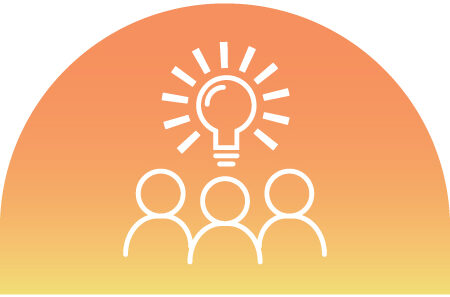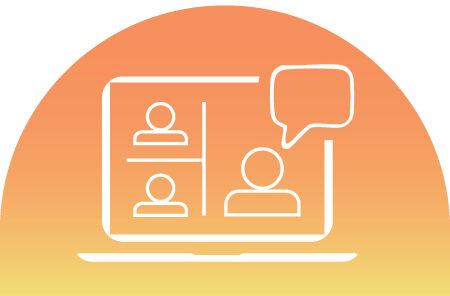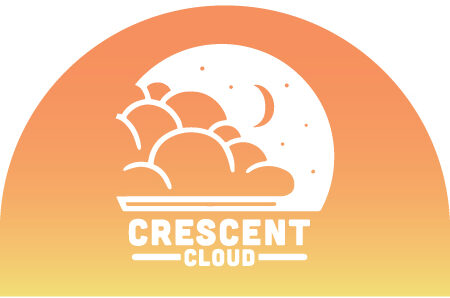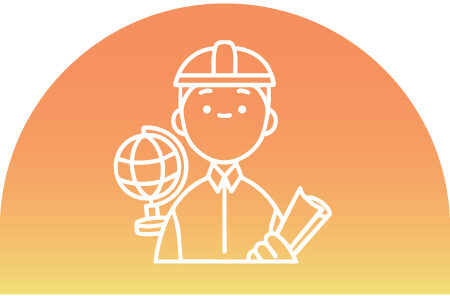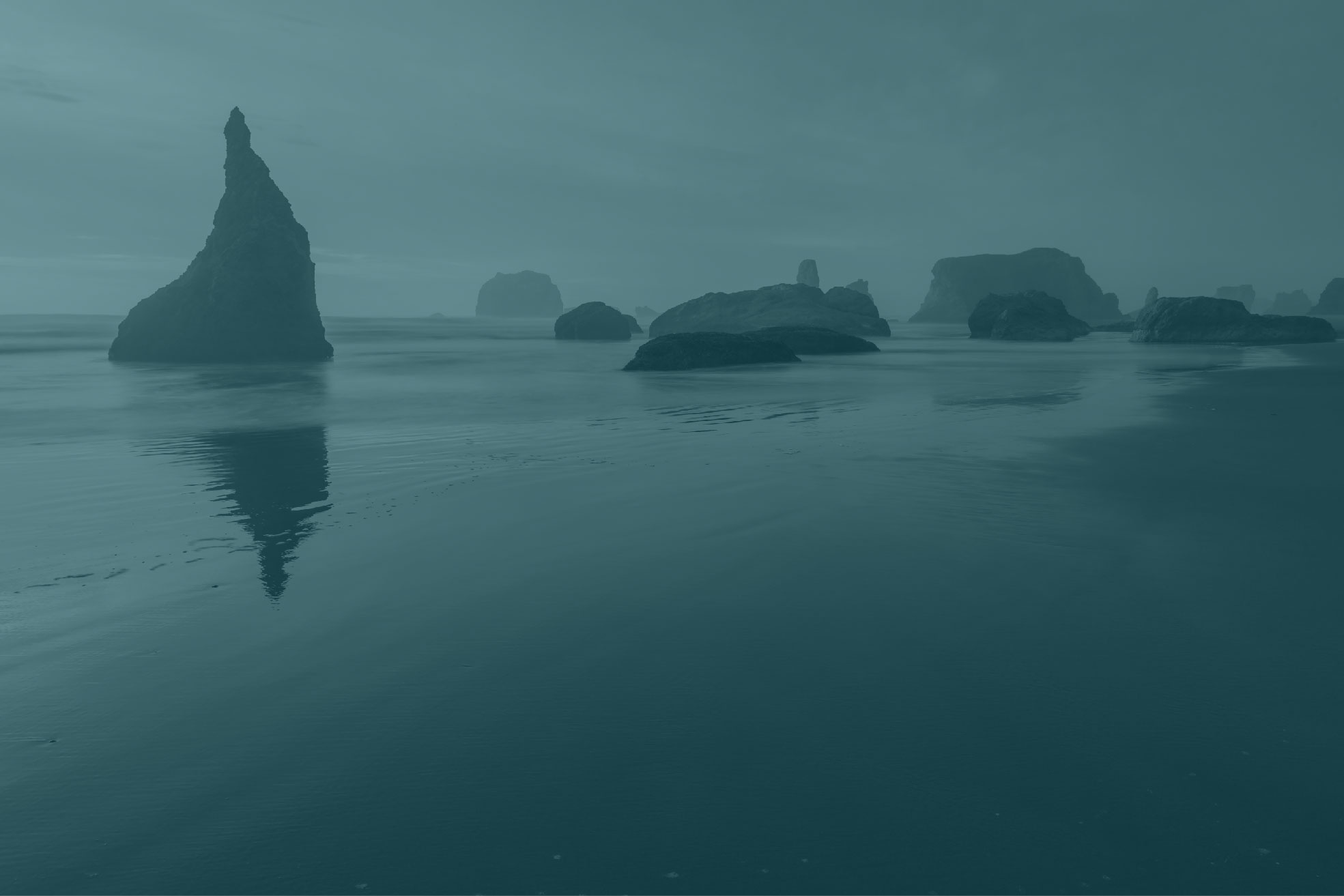
About CRESCENT
Mission Statement
The Cascadia Region Earthquake Science Center

In 2023, the National Science Foundation awarded $15 million dollars to establish the Cascadia Region Earthquake Science Center, CRESCENT. CRESCENT is the nation’s first subduction zone earthquake hazards center — a nexus for earthquake science and hazards research. CRESCENT has three overarching goals:
- To develop a better foundational understanding of Cascadia Subduction Zone earthquakes and their associated hazards and to transfer this knowledge to other subduction zones
- To promote diversity and to train the next-generation of geoscientists to address the challenges presented by our dynamic planet
- To provide a systematic approach to collaboration between researchers in academia and those in agencies that have mandates to produce hazard information that stakeholders, practitioners, and the public at large can trust and use
Please join us as we establish a new paradigm of collaborative Earth science research for societal good.
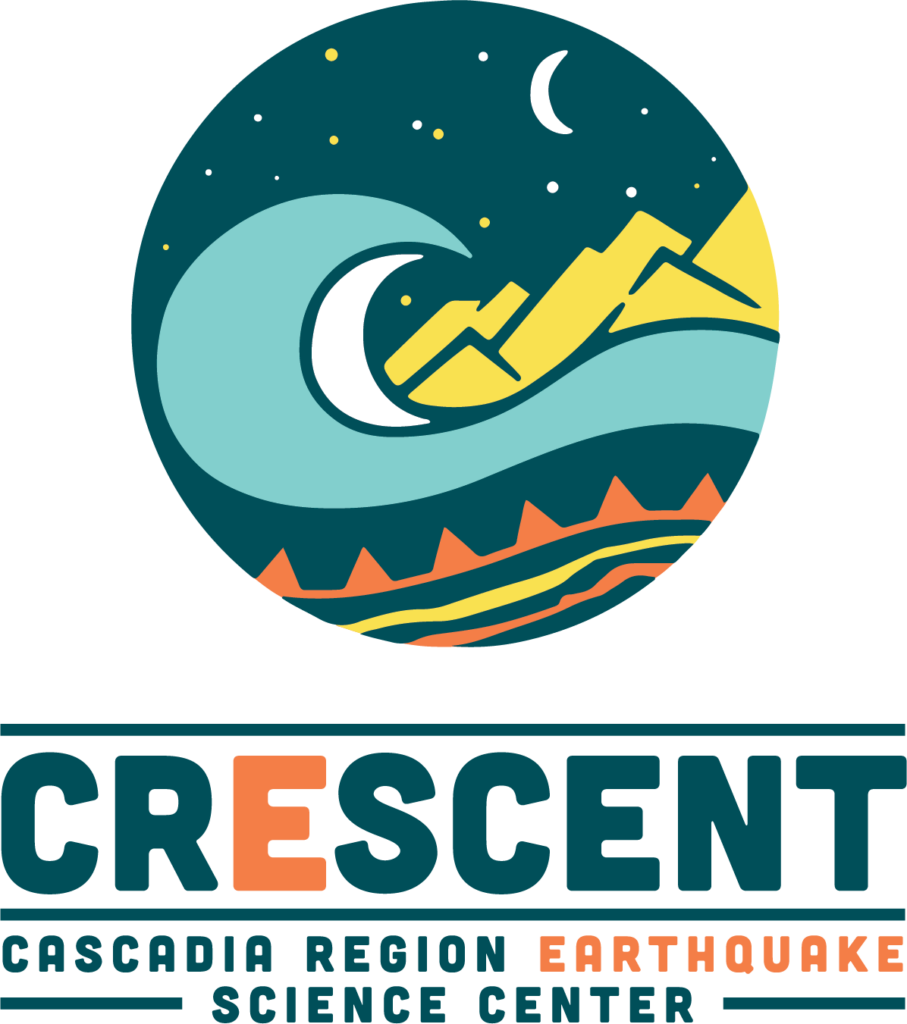
Major Activity
CRESCENT pillars

Three tenets comprise CRESCENTs core mission: advancing basic and applied science, geoscience education and training, and partnerships and applications of the science. First, the Cascadia Subduction Zone is a natural laboratory that is well positioned for significant scientific discoveries that will further understanding of subduction zone processes. Second, progress on the scientific challenges requires a concerted effort to prepare and diversify the next generation workforce. Finally, the goal of hazard research is to support the public good. Scientific discovery must be translated and delivered to communities and stakeholders in a meaningful and actionable way. The three committees below ensure progress on each of these fronts.
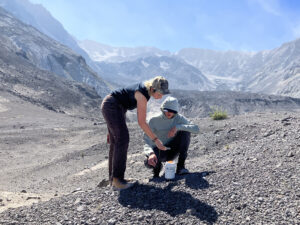
Foundational Science and Research Activities
CRESCENT science, research, and discovery activities.
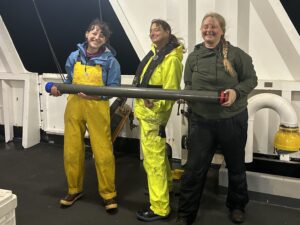
Geoscience Education and
Inclusion
CRESCENT education and outreach activities
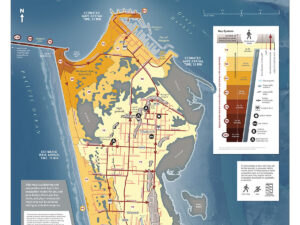
Partnerships and Applications
Facilitates community partnerships and research applications
Organization
CRESCENT Governance

Effective governance is essential for CRESCENT to achieve its ambitious goals of advancing fundamental research on earthquake hazards science, contributing to the diversification and preparation of the future geoscience workforce, and translating research to practice and policy through community engagement.
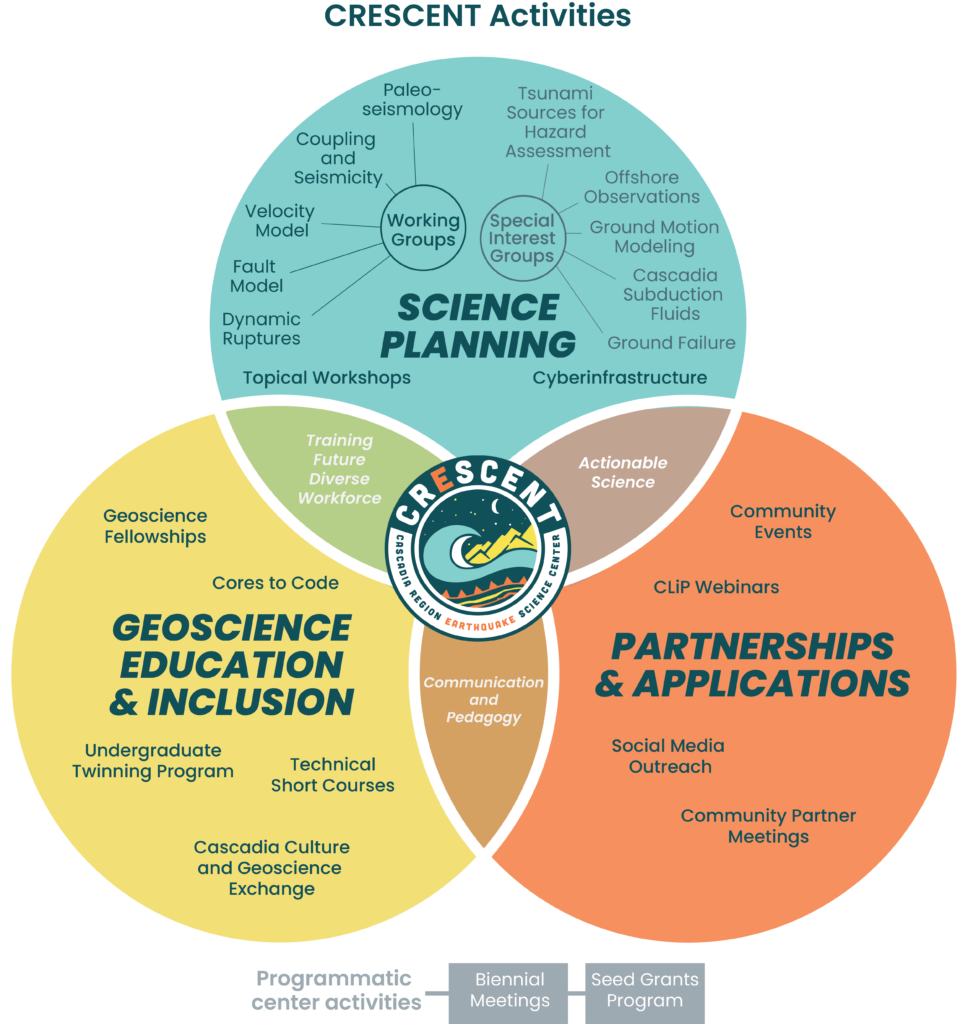
Our Programs
What We Do

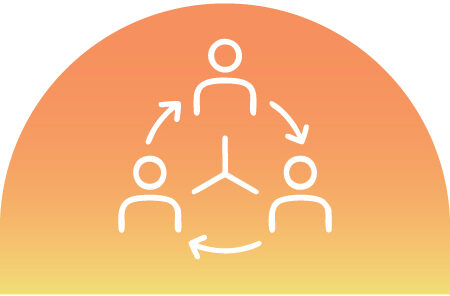
Undergraduate Twinning Program
Expose undergraduate students to research experiences in Earth Science

Cascadia Culture and geoScience Exchange
Exchange culture and geoscience with high schoolers from Pacific NW indigenous communities
Our People
Executive Committee

The team responsible for ensuring the overall success of the center and coordinating leadership across CRESCENT’s three pillars.
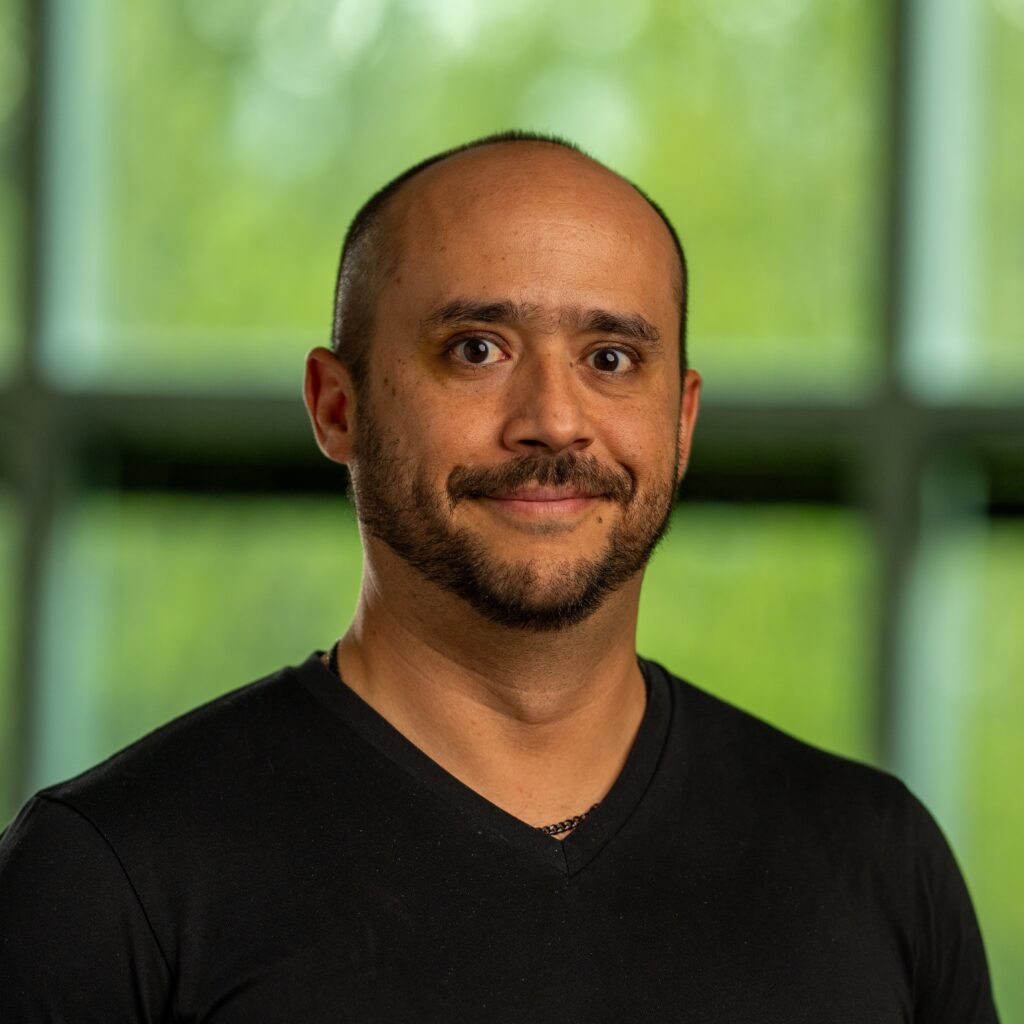
Diego Melgar
CRESCENT Director
University of Oregon
dmelgarm@uoregon.edu
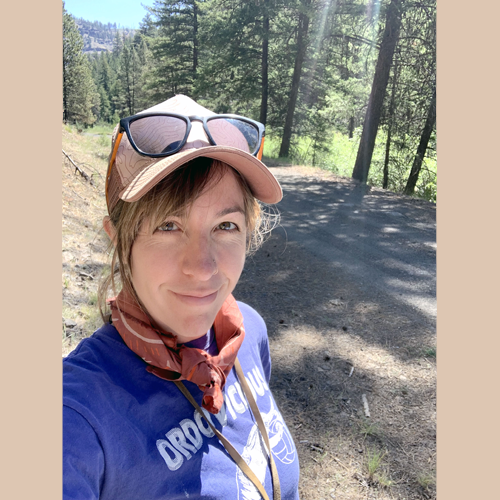
Lydia Staisch
United States Geological Survey
lstaisch@usgs.gov
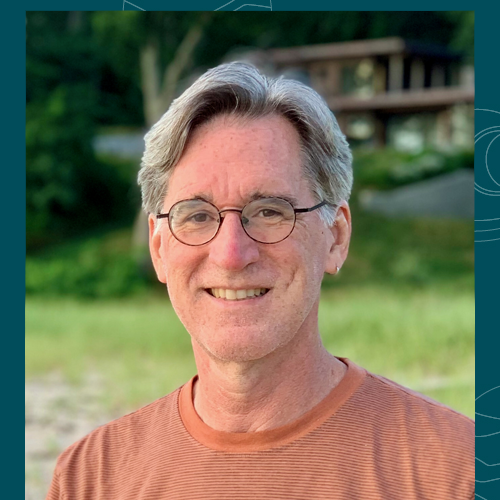
Harold Tobin
Science Planning Lead
University of Washington
htobin@uw.edu
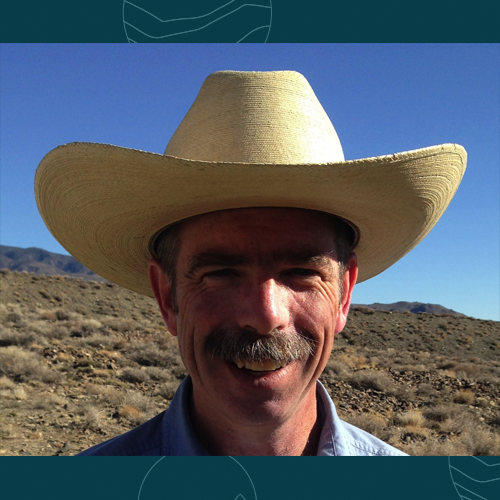
Andrew Meigs
GEI Program Lead
Oregon State University andrew.meigs@oregonstate.edu
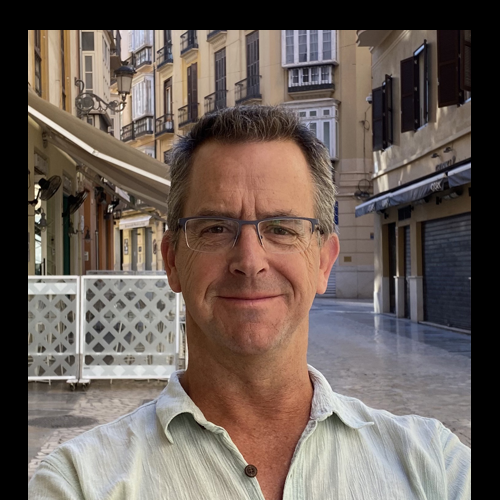
Tim Melbourne
Central Washington University tim@geology.cwu.edu

Amanda Thomas
Cyberinfrastructure Lead
University of California Davis
amthom@ucdavis.edu
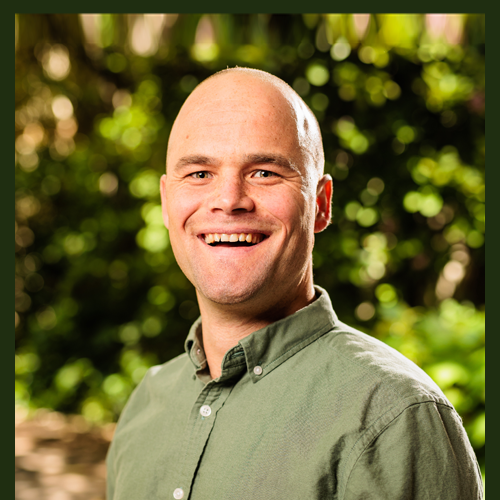
Pieter-Ewald Share
Oregon State University pieter.share@oregonstate.edu
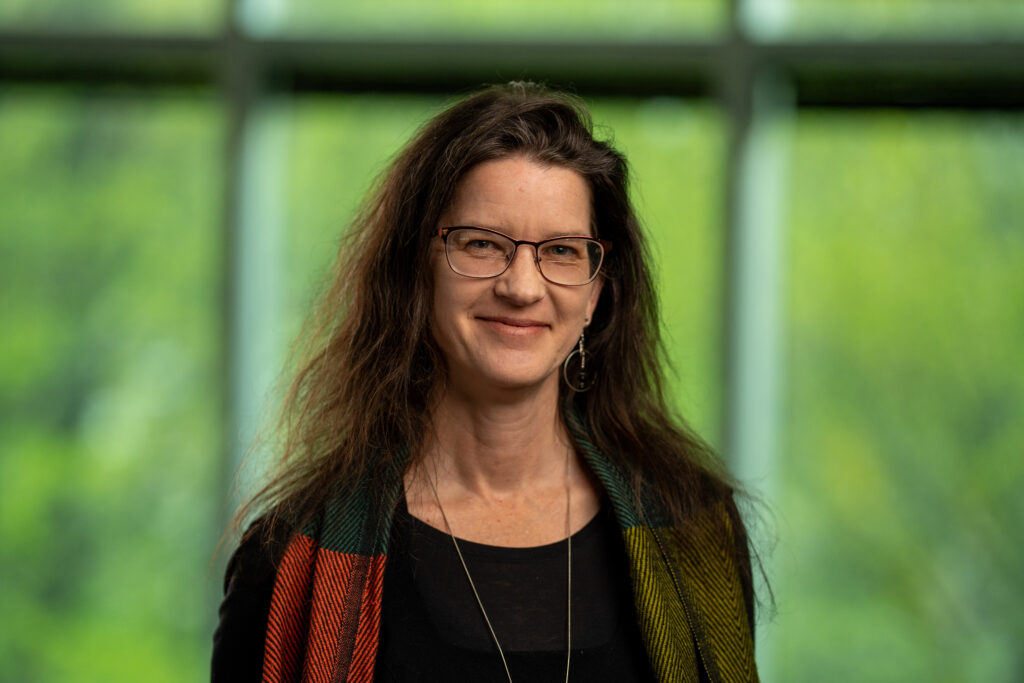
Jill Elizabeth
Ex officio
University of Oregon
jillf@uoregon.edu

Valerie Sahakian
P&A Program Lead
University of Oregon
vjs@uoregon.edu
Center Staff

The administrative team managing project timelines, communications, logistics, and day to day operations.

Jill Elizabeth
Assistant Director
jillf@uoregon.edu
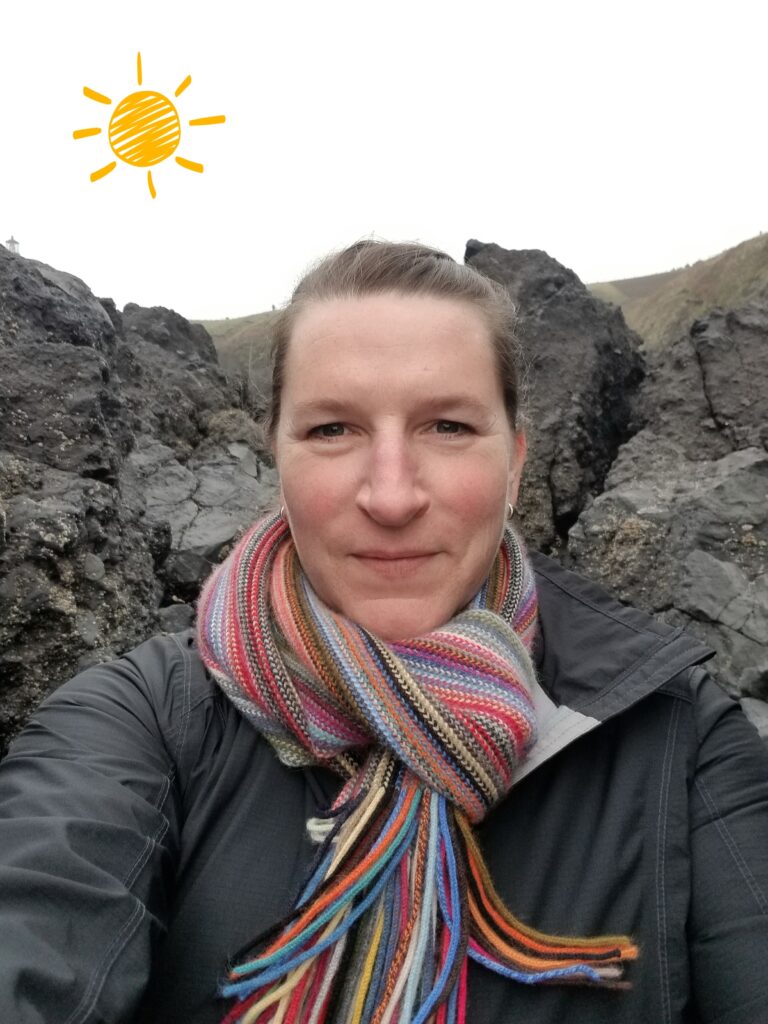
Amanda Eriksen
Center Coordinator
aeriksen@uoregon.edu
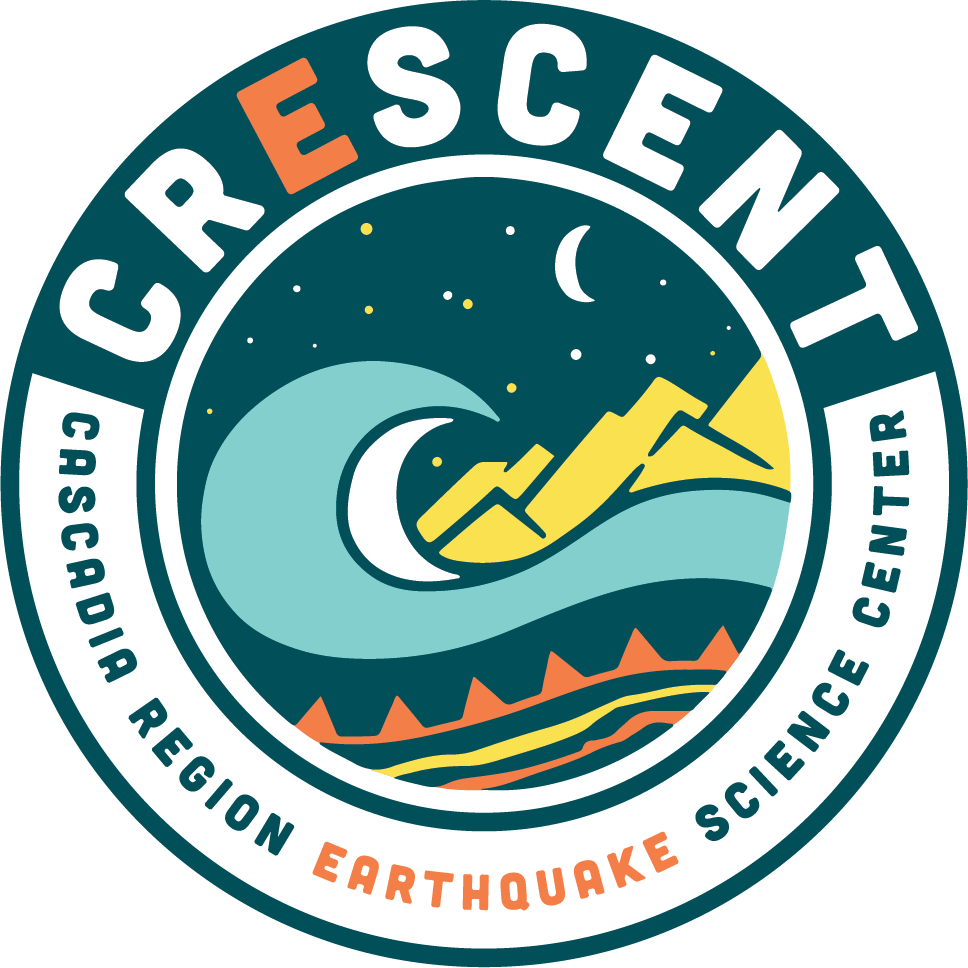
Deb Petrochko
Accounting Technician
debp@uoregon.edu
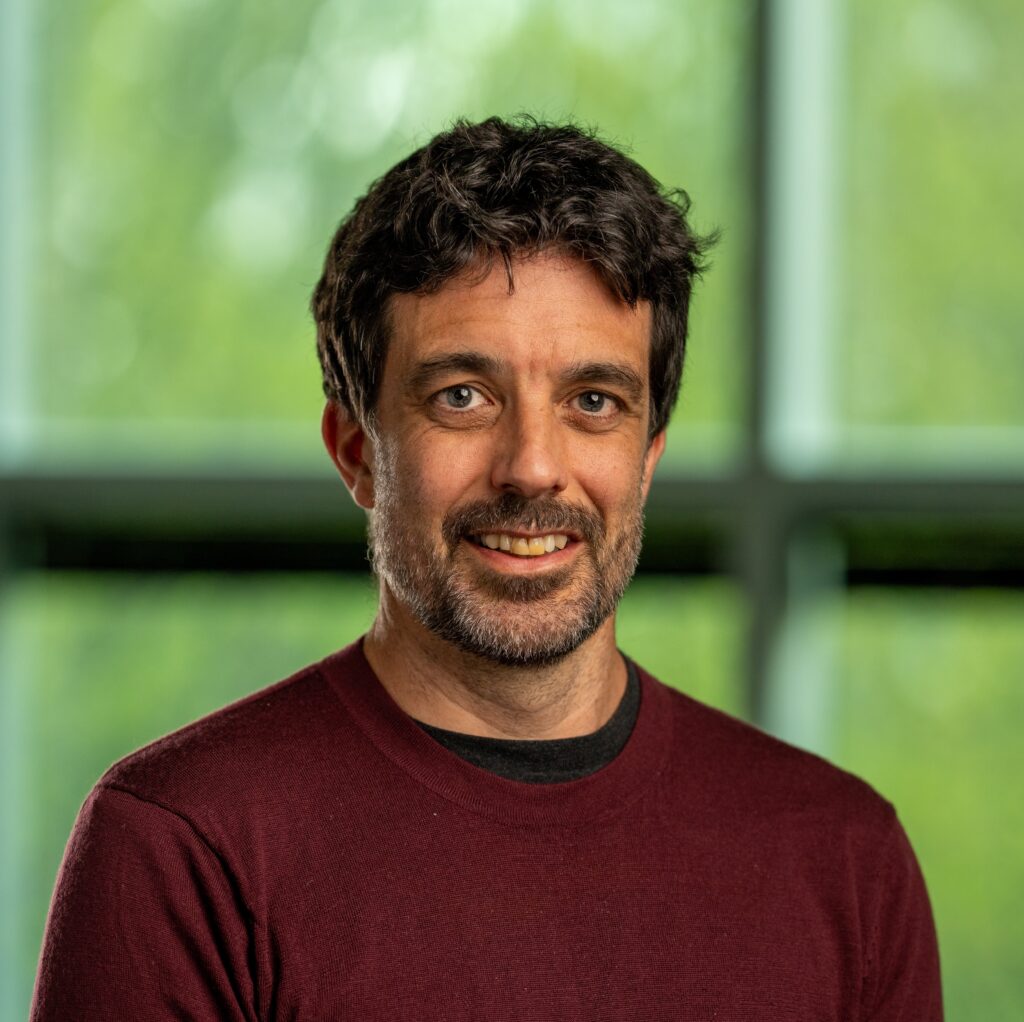
Andy Clifford
P&A Program Manager
acliff@uoregon.edu
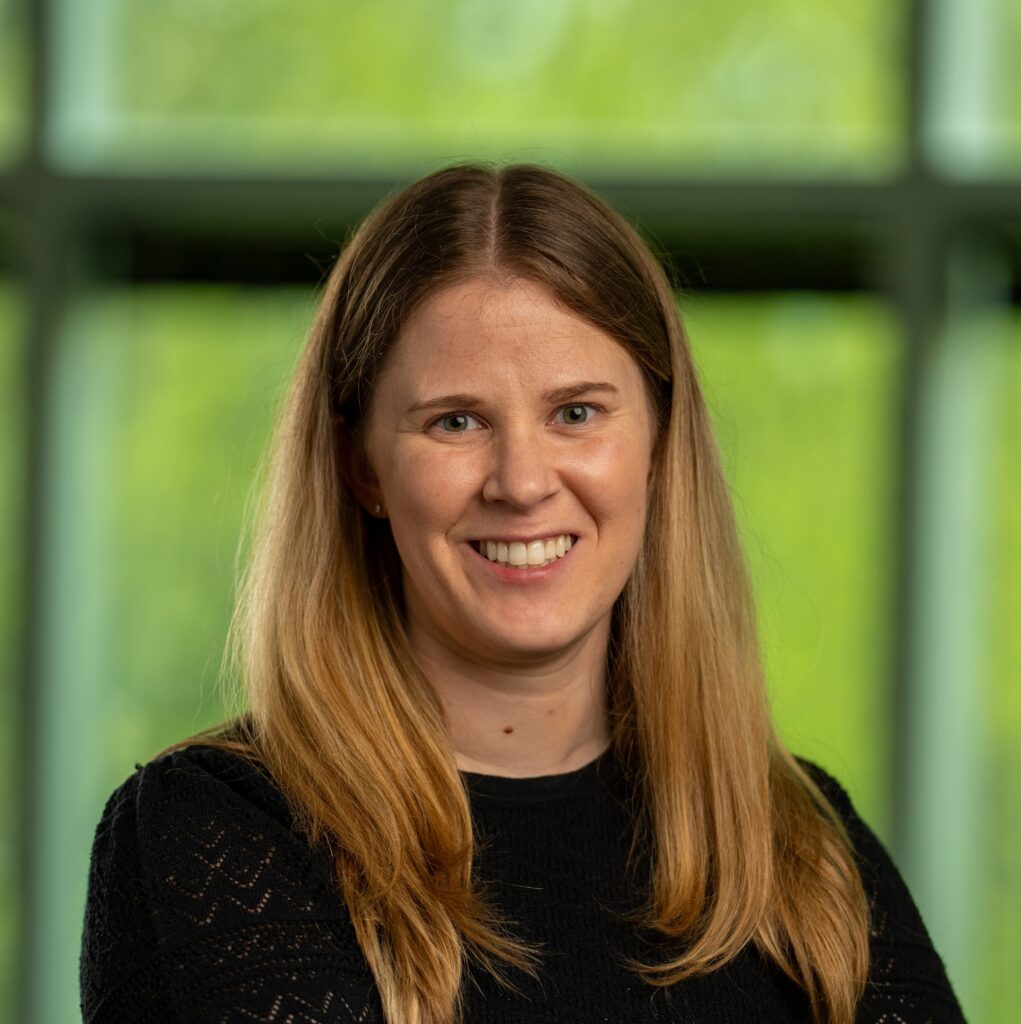
Shannon Fasola
GEI Program Manager
sfasola@uoregon.edu
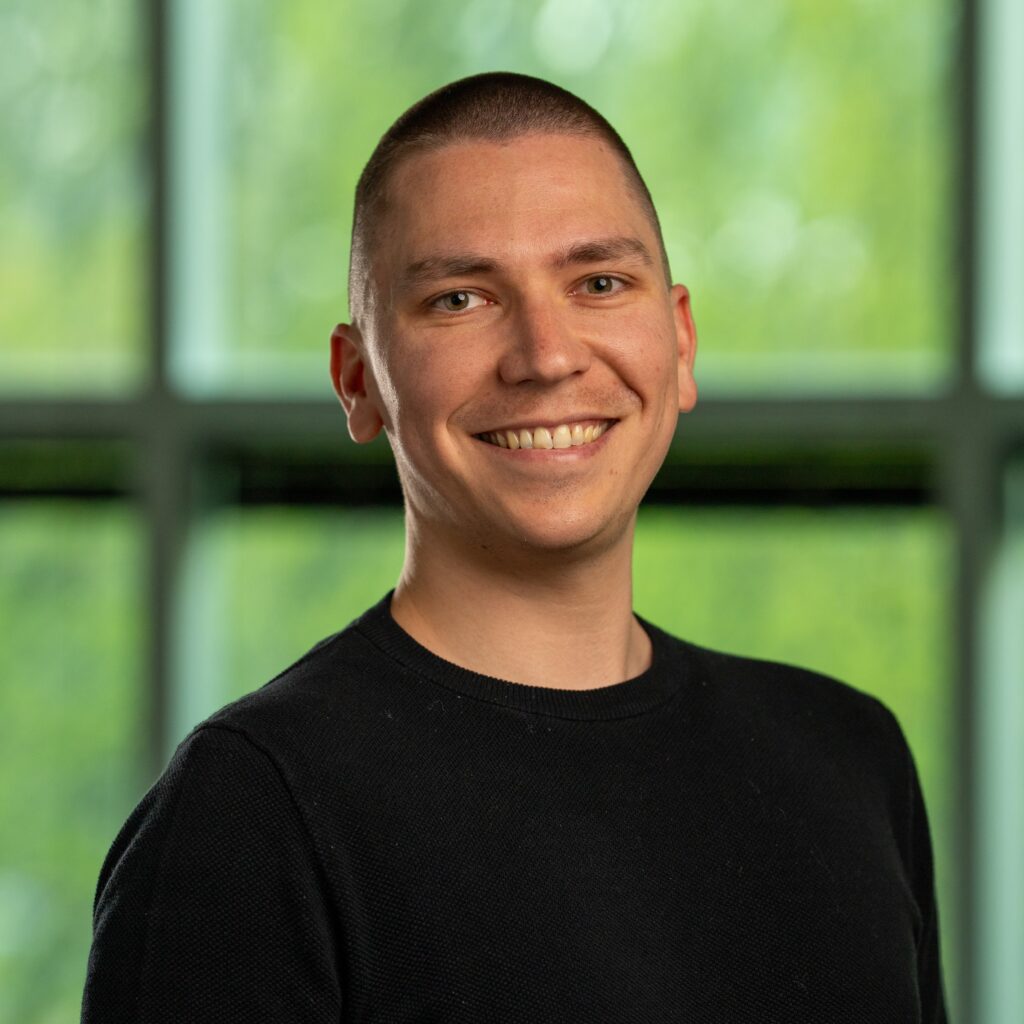
Loïc Bachelot
Data Scientist
lbachelo@uoregon.edu
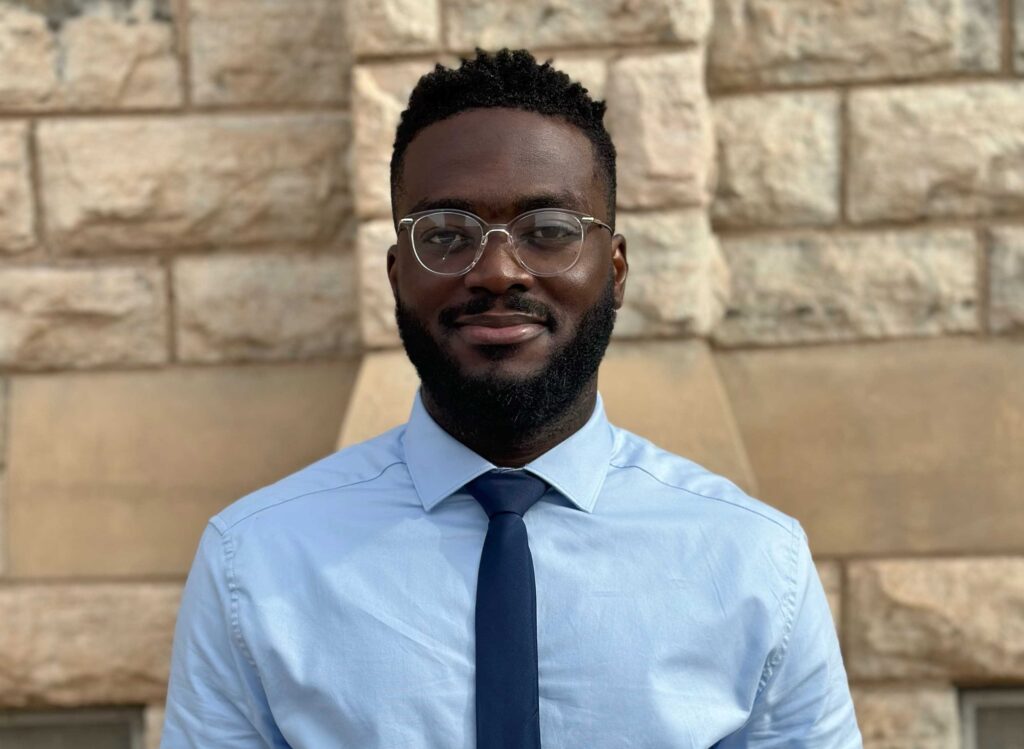
William Marfo
Research Cyberinfrastructure Specialist
wmarfo@ucdavis.edu
External Advisory Board

The geoscience professionals from across North America who support and guide CRESCENT’s objectives and strategic direction.
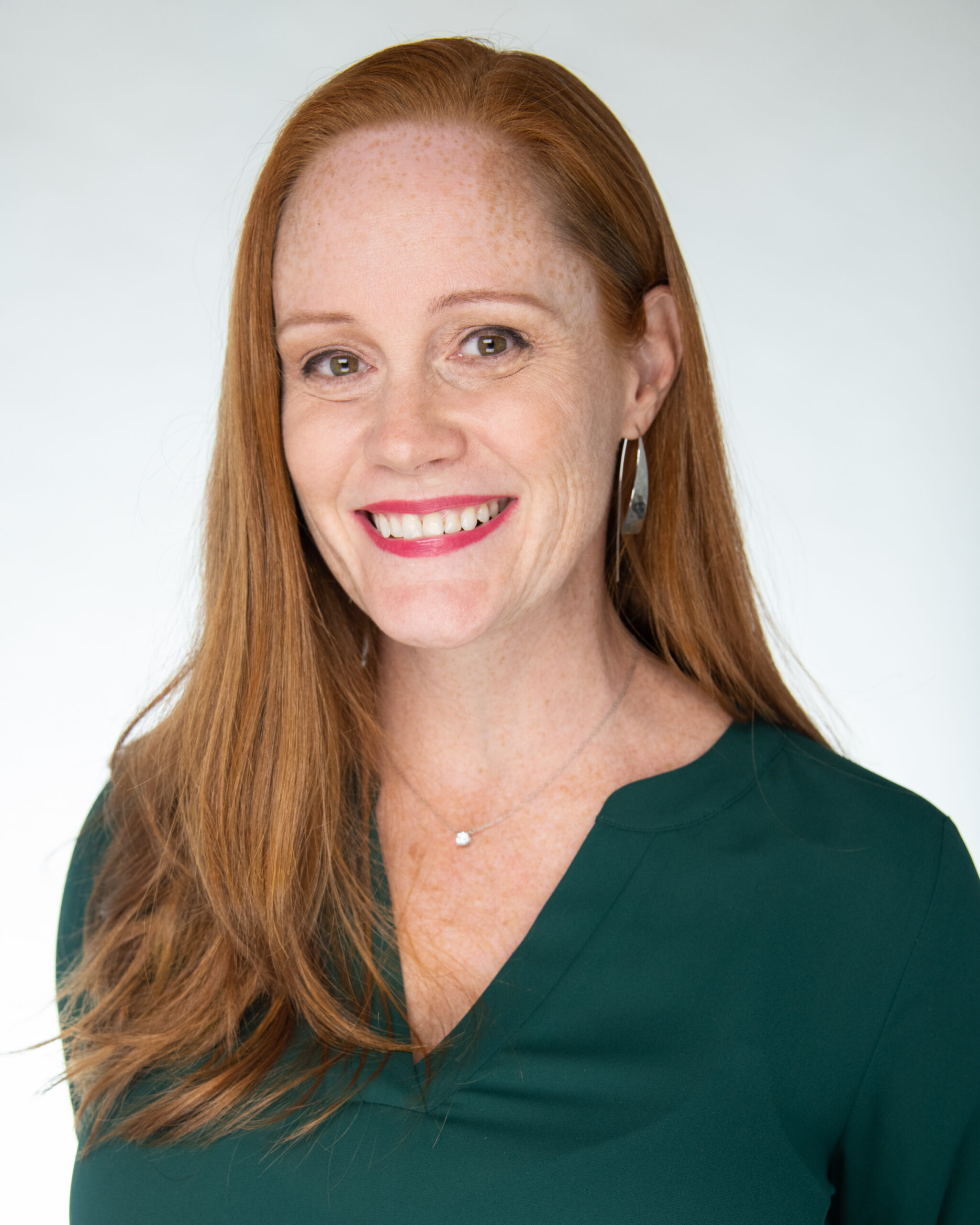
Dr. Wendy Bohon
California Geological Survey
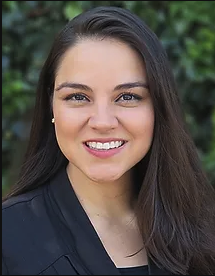
Ms. Veronica Cedillos
GeoHazards International
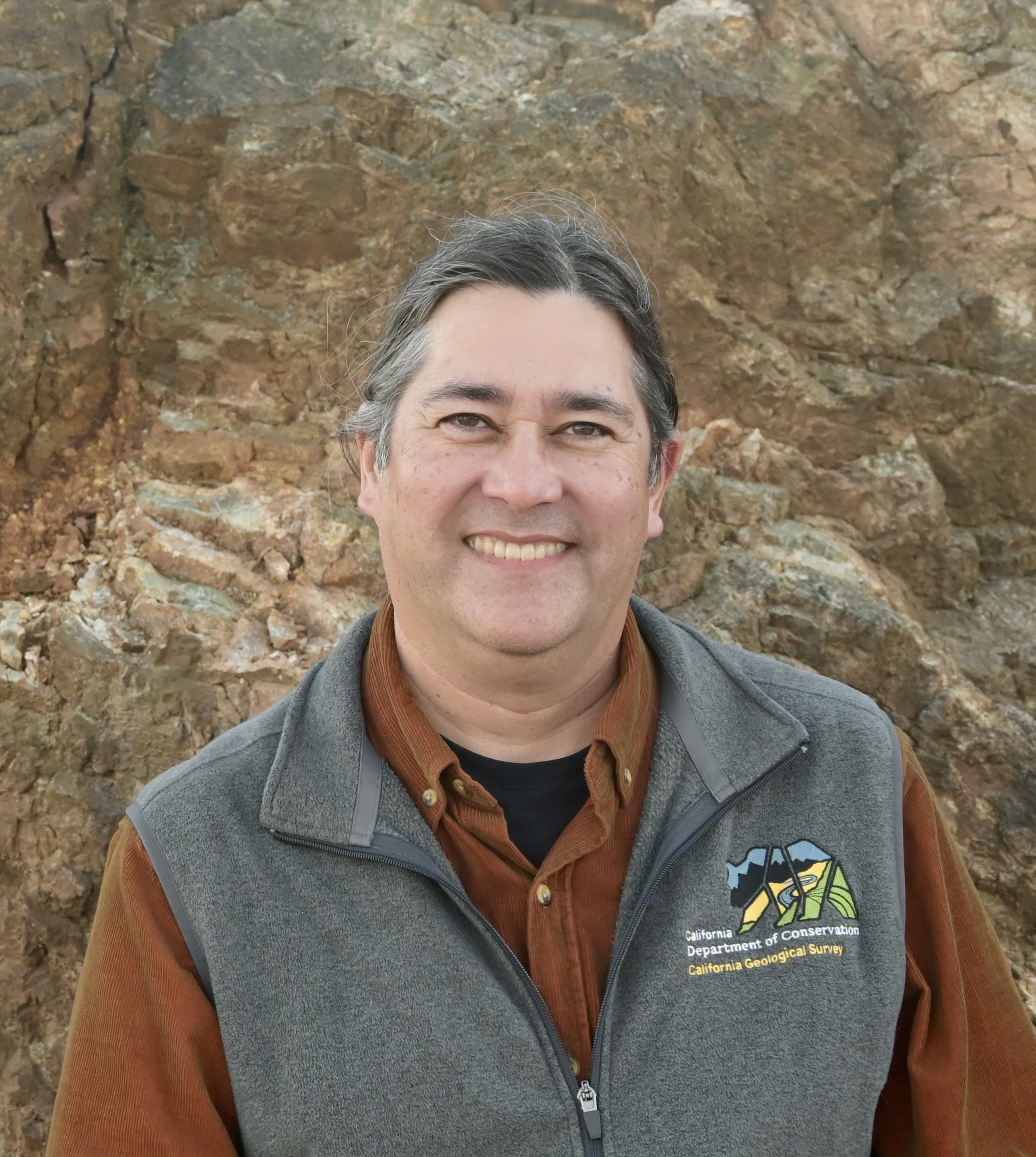
Dr. Tim Dawson
California Geological Survey
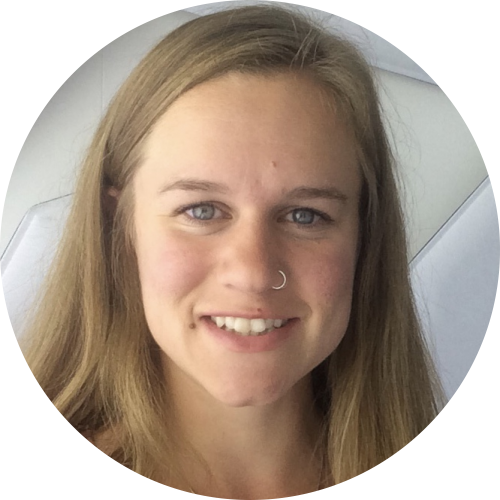
Dr. Tiegan Hobbs
Geological Survey of Canada
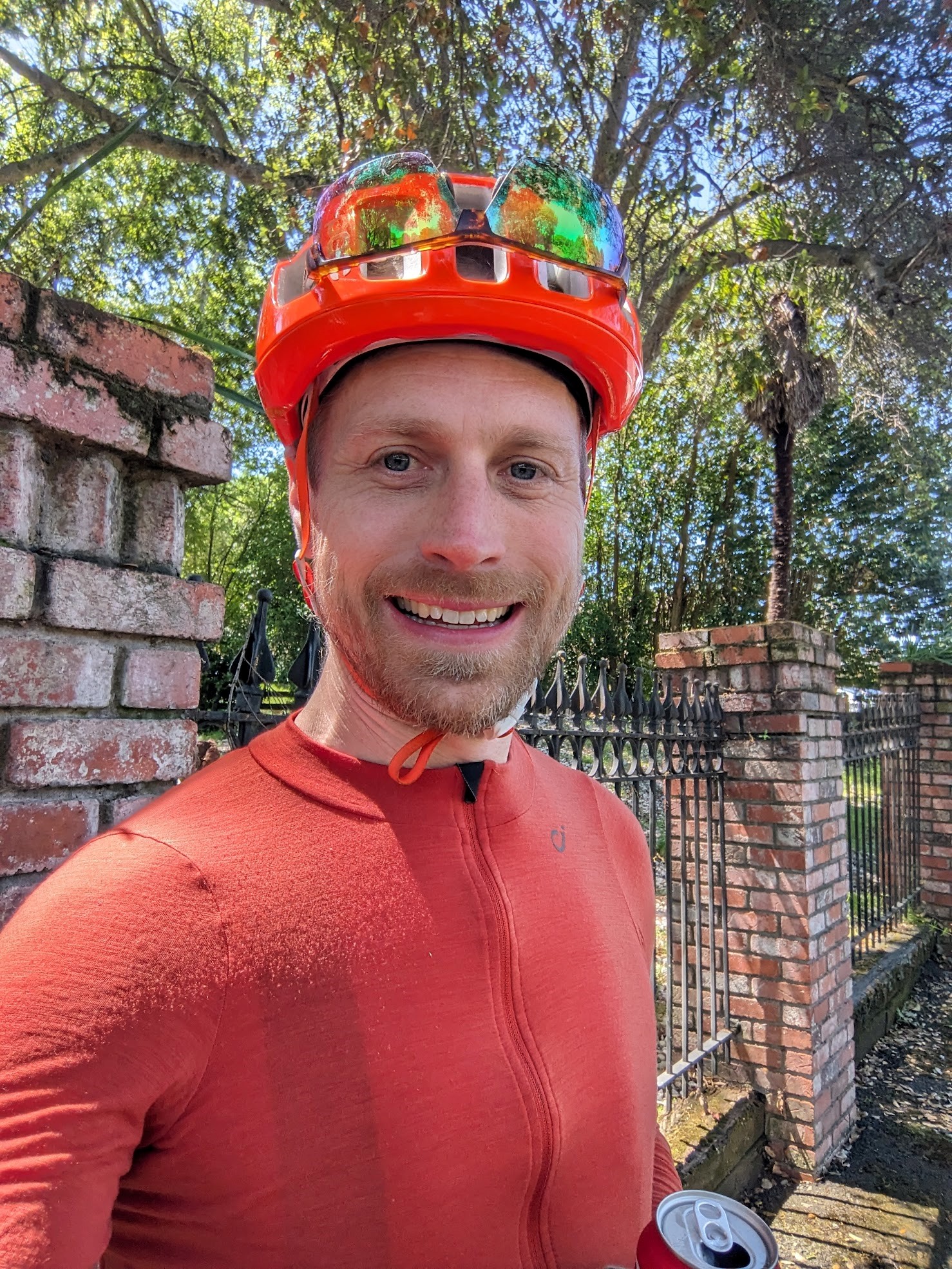
Dr. Albert Kottke
Pacific Gas & Electric (PG&E)
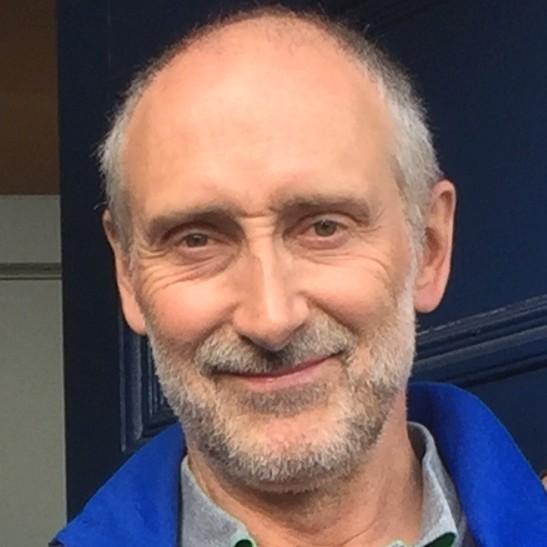
Dr. Martin Lawrence
BC Hydro
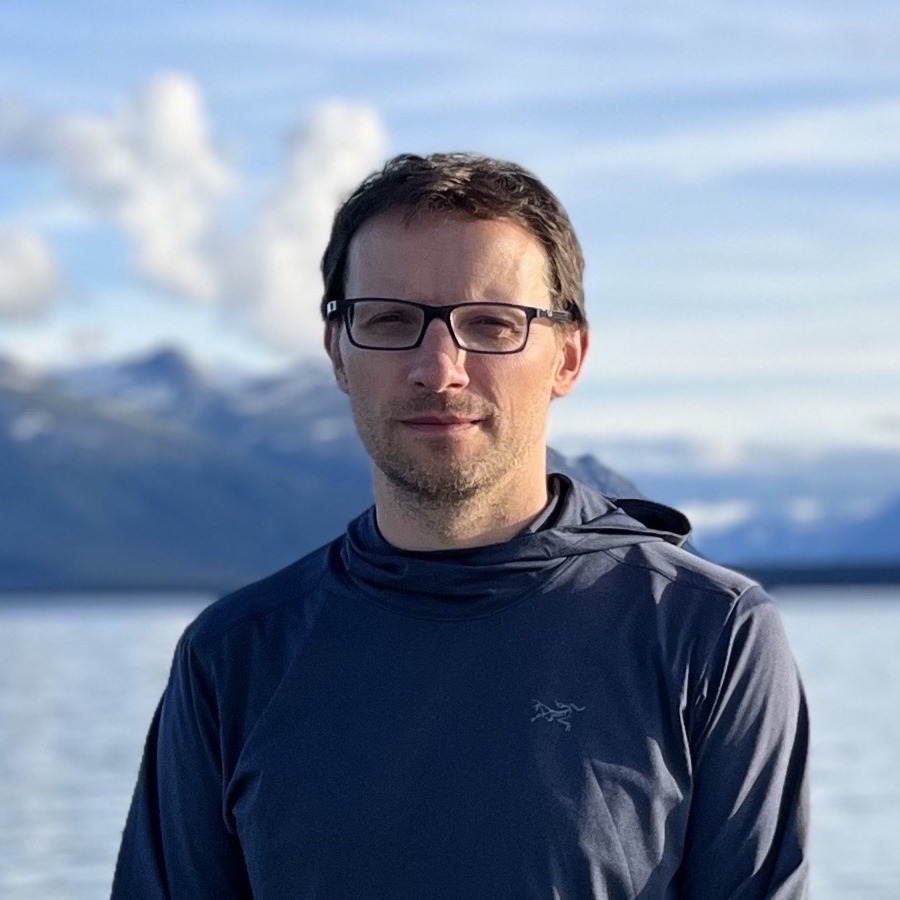
Dr. Ed Nissen
University of Victoria
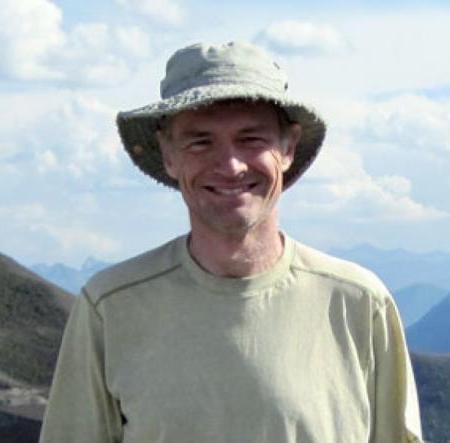
Dr. Michael Oskin
UC Davis
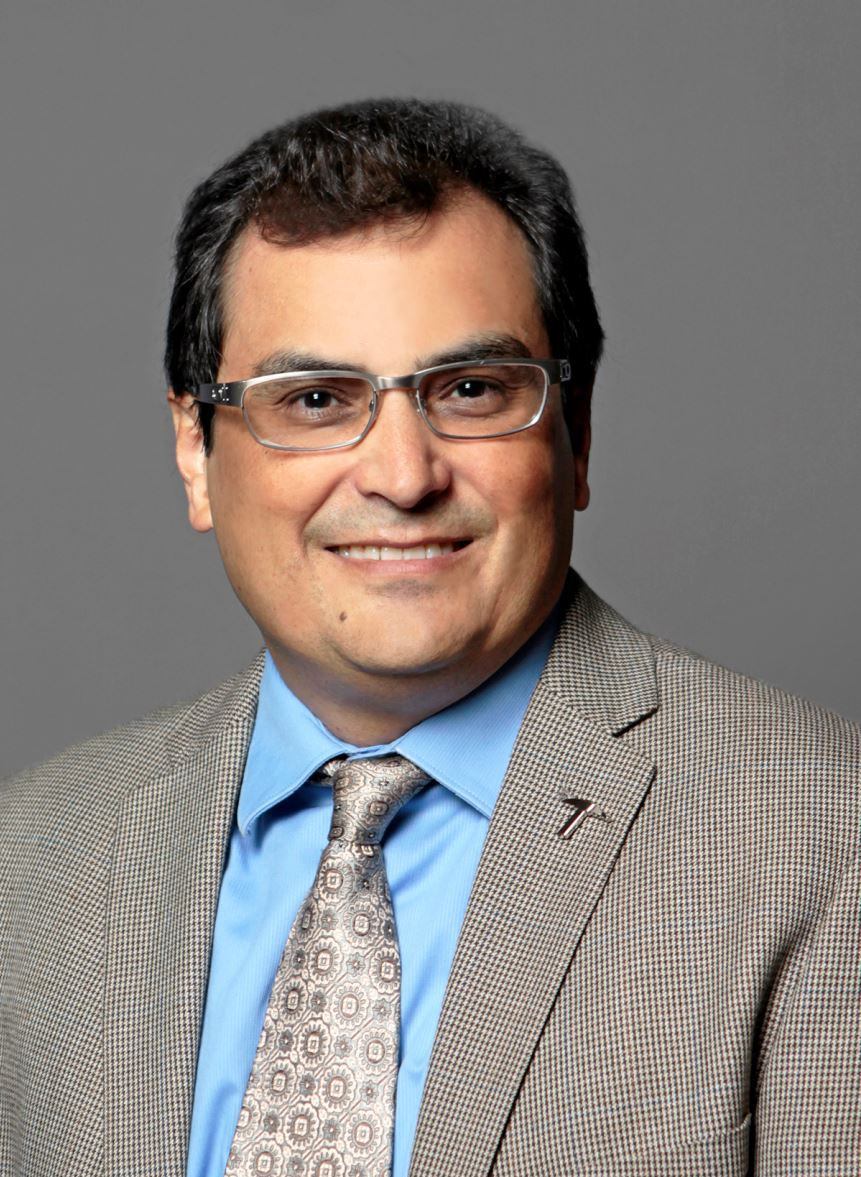
Dr. Aaron Velasco
University of Texas


